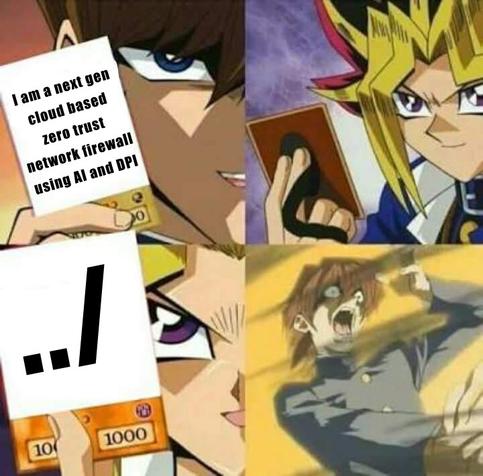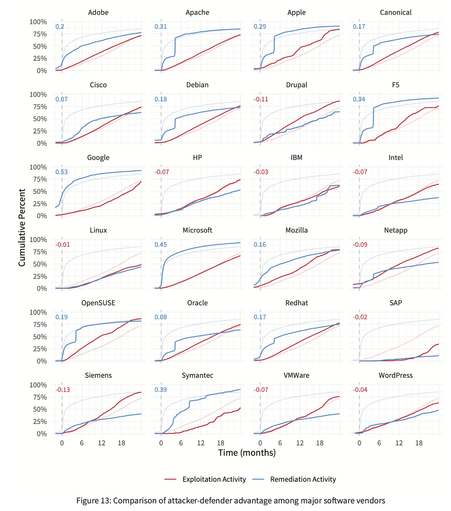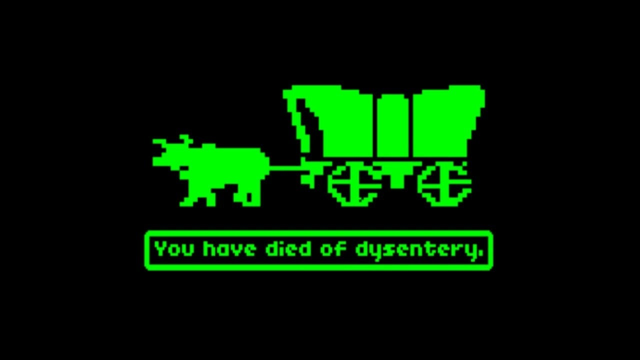I constantly encounter stories I would like to read on local news sites, but find I'm not often eager to cough up a $10 subscription or whatever just to read that one story. And I suspect a lot of other people feel the same way.
But what if I could subscribe to a service that works exclusively with local newspapers and websites to let me buy a certain number of credits or maybe a monthly/yearly pass to read stories at random news sites. Like an Eagle Pass that gets me into all the parks for the year. That way, the publications would get more revenue from people who would otherwise try to find the news for free somewhere else, and readers we really, really want to keep/capture aren't turned away.
Just as importantly, people who want to have an opportunity to support a broad spectrum of local news gathering across the nation can do just that.
Maybe this has been tried and failed before, but it seems like something along these lines is needed if we want to stop local news pubs from circling the drain or being bought by Musk or Bezos or Murdoch or the Tech Bros.
Thoughts? I'm really curious if this has been attempted, if it has succeeded/failed anwwhere, and why.



